Are these six common sports nutrition rules fact or fiction?
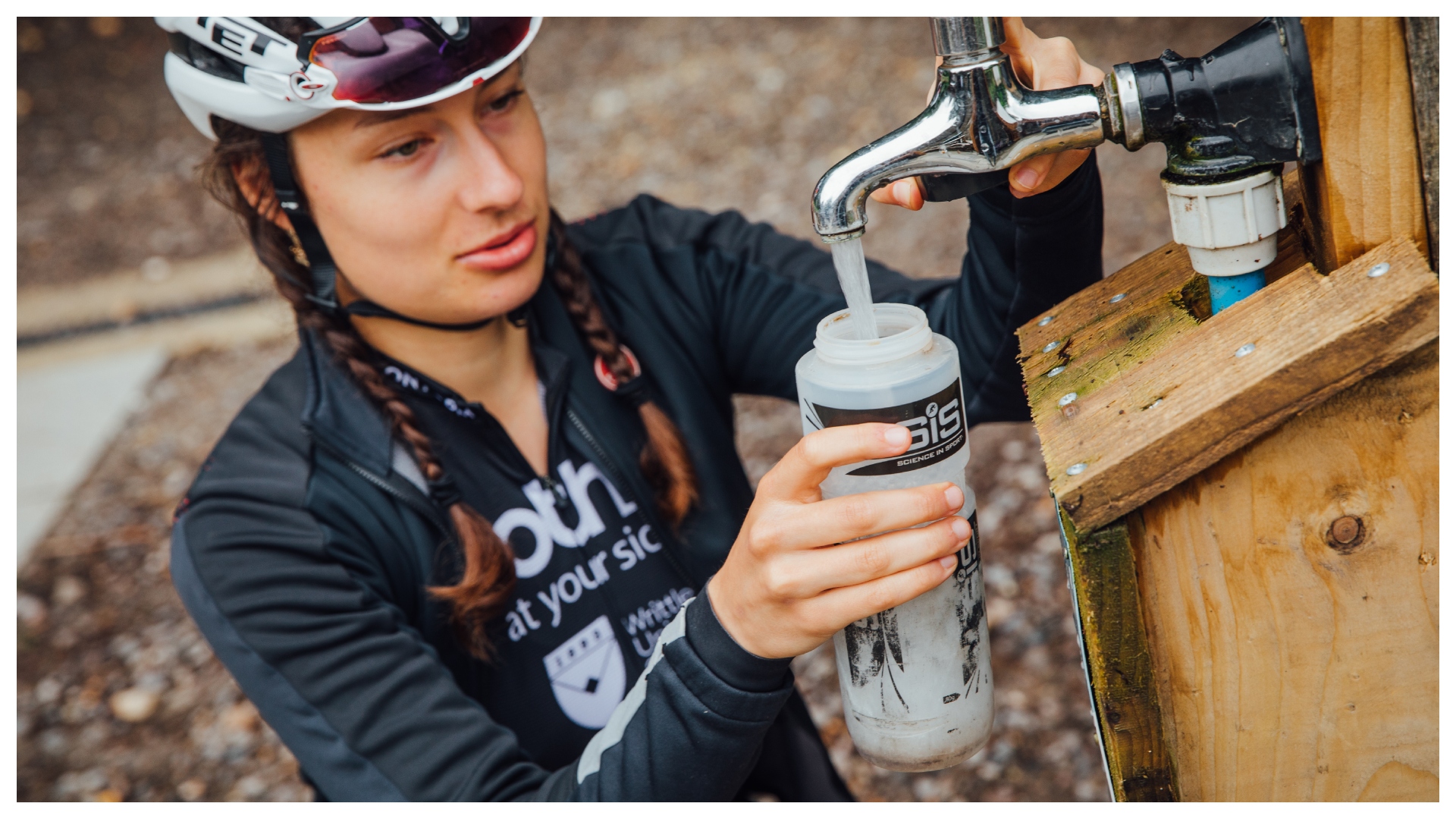

When you are getting into cycling, there are so many things to think about, from how high your tyre pressure should be to whether you’re wearing your kit the right way. One incredibly important thing, possibly the most important, is nutrition.
We all need to eat and drink, and this becomes even more crucial if you are adding exercise into it, whether you are training for a big event or just riding casually. There are lots of facts out there that people are bombarded with, so we took a look at some of the truths and lies of nutrition, like a fun little game of Would I Lie To You?
1. Use caffeine to boost performance
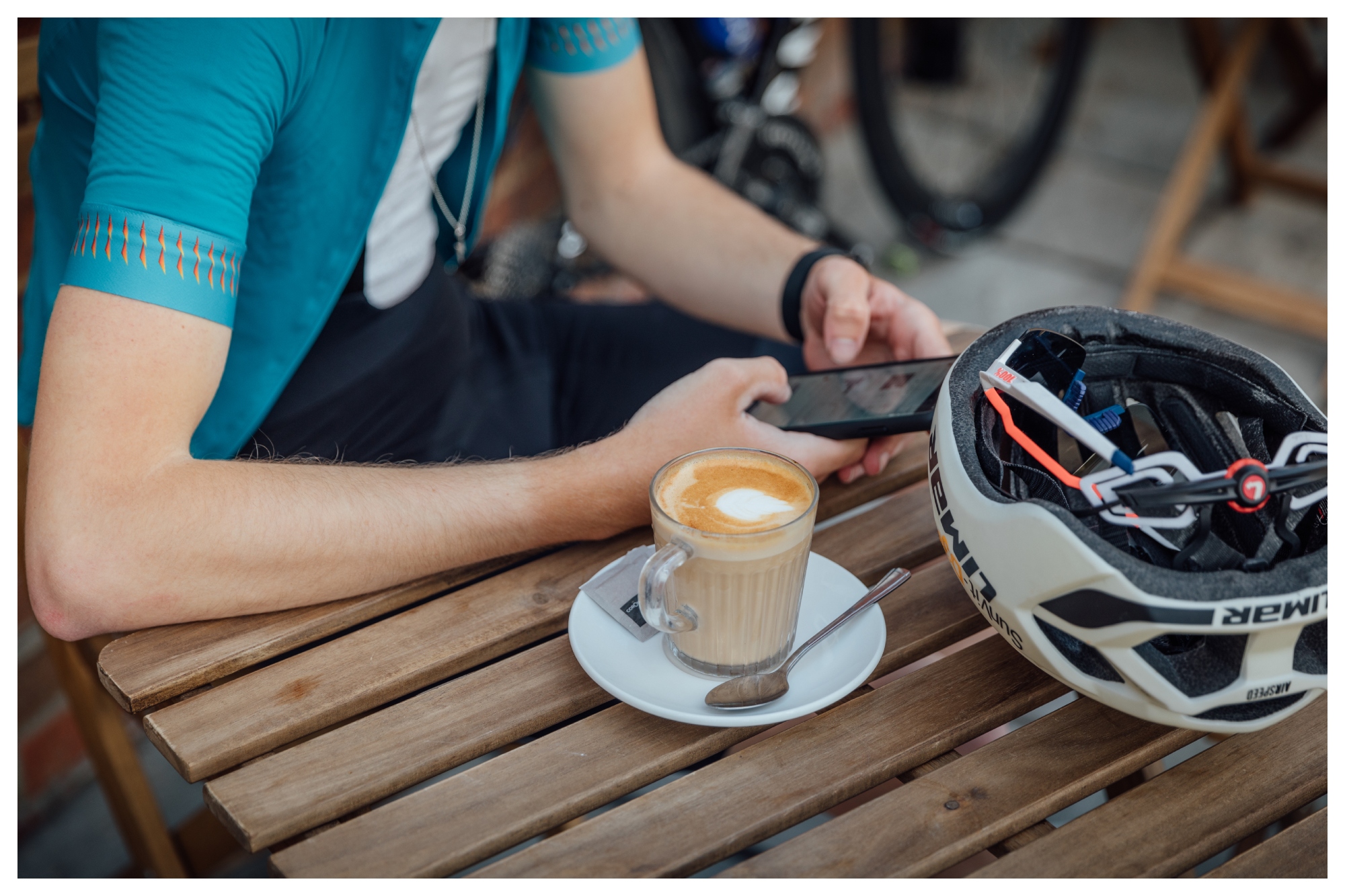
Fact Now, we are not suggesting that you go on a coffee binge, far from it, but sports science studies do show that caffeine does benefit athletes across a range of intensities. So maybe think about having a flat white or using caffeine gels if you really want to boost your performance.
A study in the journal Nutrients found that the male participants improved by 2.1 per cent with caffeine compared to with the placebo, whilst women improved by 1.8 per cent, during a study on people doing a 5km time trial. It made them faster. It has a performance enhancing effect on muscle endurance, muscle strength, anaerobic power and aerobic endurance.
Other studies have shown that around three to six milligrams of caffeine per kilo of body weight can result in enhanced performance, increased power output and improved mental focus. For context a double espresso contains around 125mg of coffee.
So, this seems like the perfect excuse for having a coffee an hour before you start riding!. (And if you don't like the taste of coffee there are a number of energy gels, like SIS Go Energy + Caffeine that will give you a helpful hit.)
Get The Leadout Newsletter
The latest race content, interviews, features, reviews and expert buying guides, direct to your inbox!
2. Carbohydrate load before big rides
Fact Carbohydrate loading - commonly called carb loading - is a technique that became popular among endurance athletes in the 1960s which would see them increasing their intake of energy heavy food in the three or four days before an event when their training loads were lower, following a similar period of heavy training and low carb intake.
The thinking has changed a little in the past few years - with work by John Hawley (et al) in the late 1990s in particular finding that boosting carb intake in the 48 hours before a ride of more than 90-minutes to increase stored muscle glycogen could postpone the onset of fatigue by up to 20%.
So, the nutrient, which is found in plenty of foods, but most commonly bread, rice, potatoes, cereal and pasta, remains the king of fuels for hard, prolonged efforts. There is no need to go super-minimal before going big in the run up to the event, just to make sure to eat healthily and sensibly, but with more carbs than usual.
Speaking to Cycling Weekly last year about a study he'd carried out, sports scientist Dr Sam Impey from Liverpool John Moores University suggested fuelling up with 8-10g carbs per kilo (560-700g for a 70kg cyclist) to maximise muscle glycogen stores. That compares to the standard recommended carb intake being around 300g for your regular diet.
3. Drink eight glasses of water every day
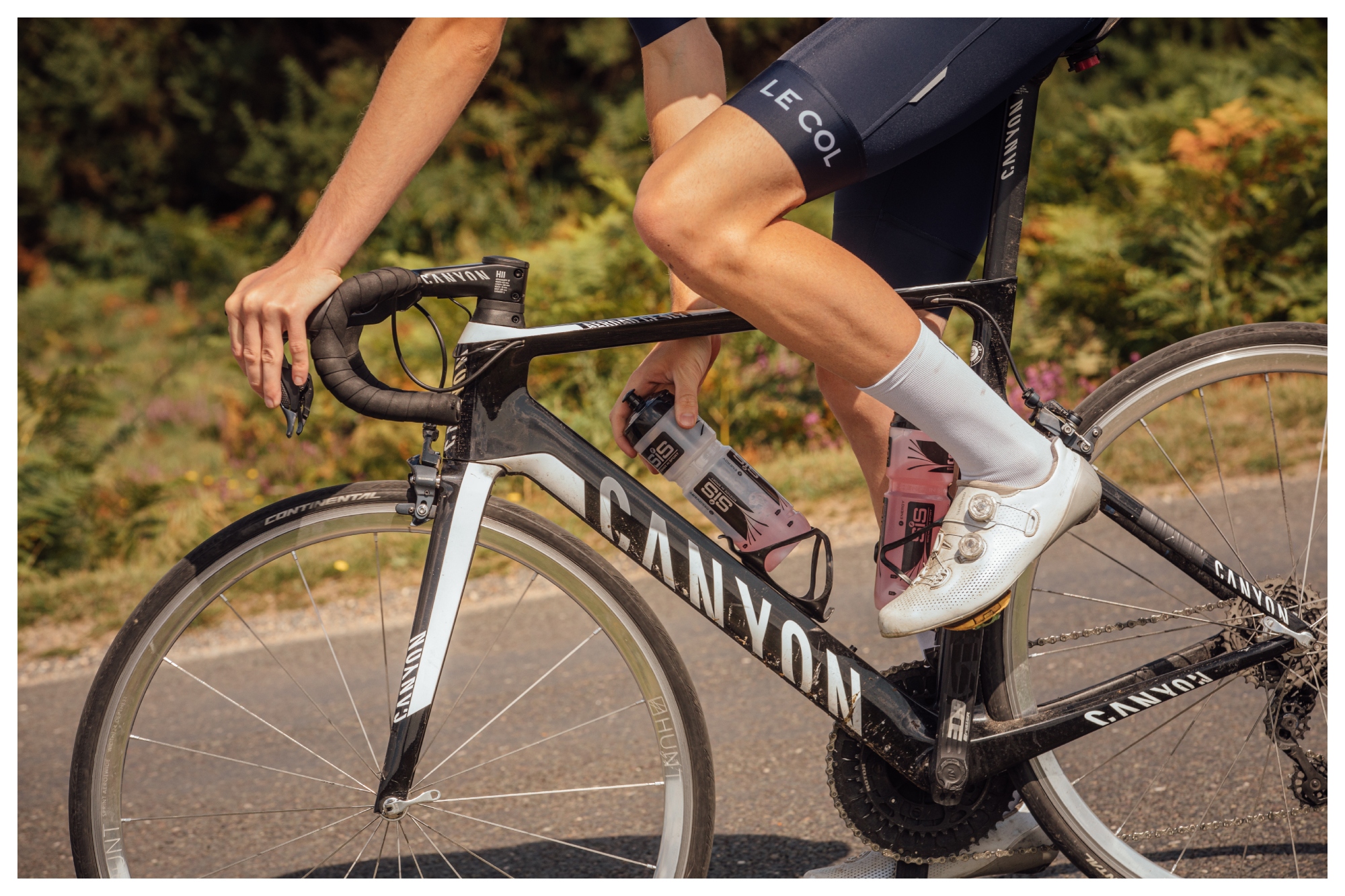
Fiction We are often bombarded with information over how much water we should drink with the subtext that most people do not drink enough. However, there is no perfect amount that a person should drink, especially once you bring in different body shapes and amounts of exercise into it.
That we should all drink these eight glasses of water a day has become accepted wisdom, even though there's no definitive scientific study which proves this. That said, there are studies that although studies have shown that you should drink 1.5-2 litres of water. It all depends on how big your glasses are, really.
There are of course other ways to imbibe liquid and stay hydrated, whether that’s through fruit juices, milk, or even cups of tea and coffee - although caffeine is a diuretic so go easy! You will also take on fluid from food as well, so It does not have to be just water!
Instead of putting too much focus onto the amount of water you should drink in a day, it might be better to think about the signs of dehydration: namely, being lightheaded or sluggish, having headaches or passing darker urine. Of course, if you’re drinking enough, you should never get to this point!
Obviously, this changes once exercise is brought into it, and those of us on bikes should be looking to be drinking little and often during a ride. For each kilo of liquid you have lost, you require an additional litre of water. To find out how much fluid you lose when riding, then weigh yourself before and after your next ride and, if say, a 60-minute ride leaves you 0.5kg lighter then you just require an extra 500ml of fluid in the diet to rebalance things next time that you're out.
A simple target to aim for is a 500ml bottle an hour, which can vary depending on temperature and effort put in. Pair this with an electrolyte or hydration tablet, and you might find even better results, as these replace the electrolytes you lose through sweat.
4. Drink milk to aid recovery
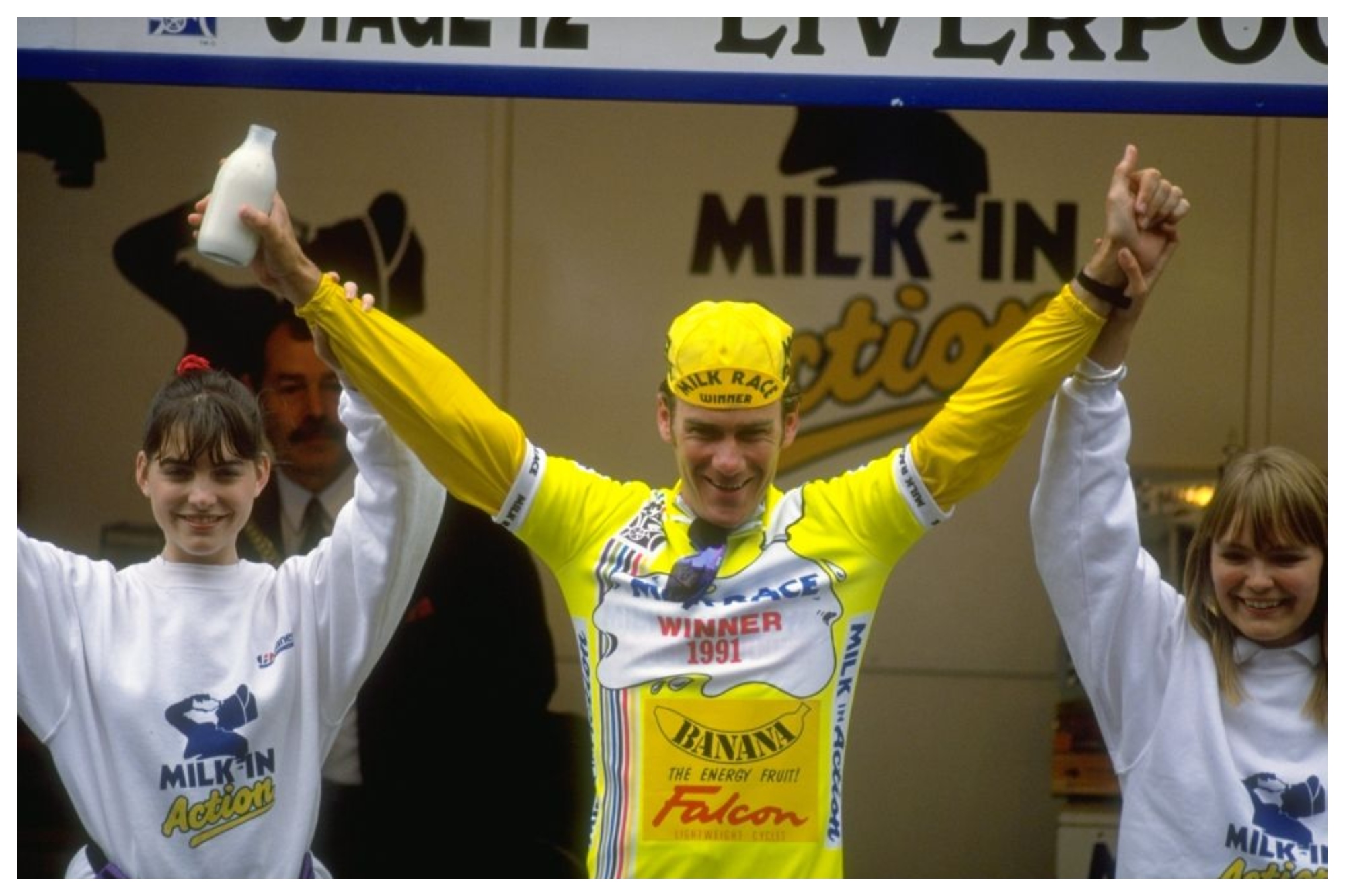
Fact Both cow’s and alternative milks can replace lost energy and are a good source of protein if you want to bounce back after a ride. If you use whole cow’s milk, there’s about 3.5g of protein in 100ml, which is pretty good.
Of course, there are plenty of protein packed recovery drinks on the market which can be great for the most number-conscious among us, but milk is a good alternative to save money.
Better still for chocoholics, numerous studies - including this one published in the International Journal of Sport Nutrition and Exercise Metabolism have shown that chocolate milk is an excellent recovery drink.
5. Only eat sports nutrition products on a ride
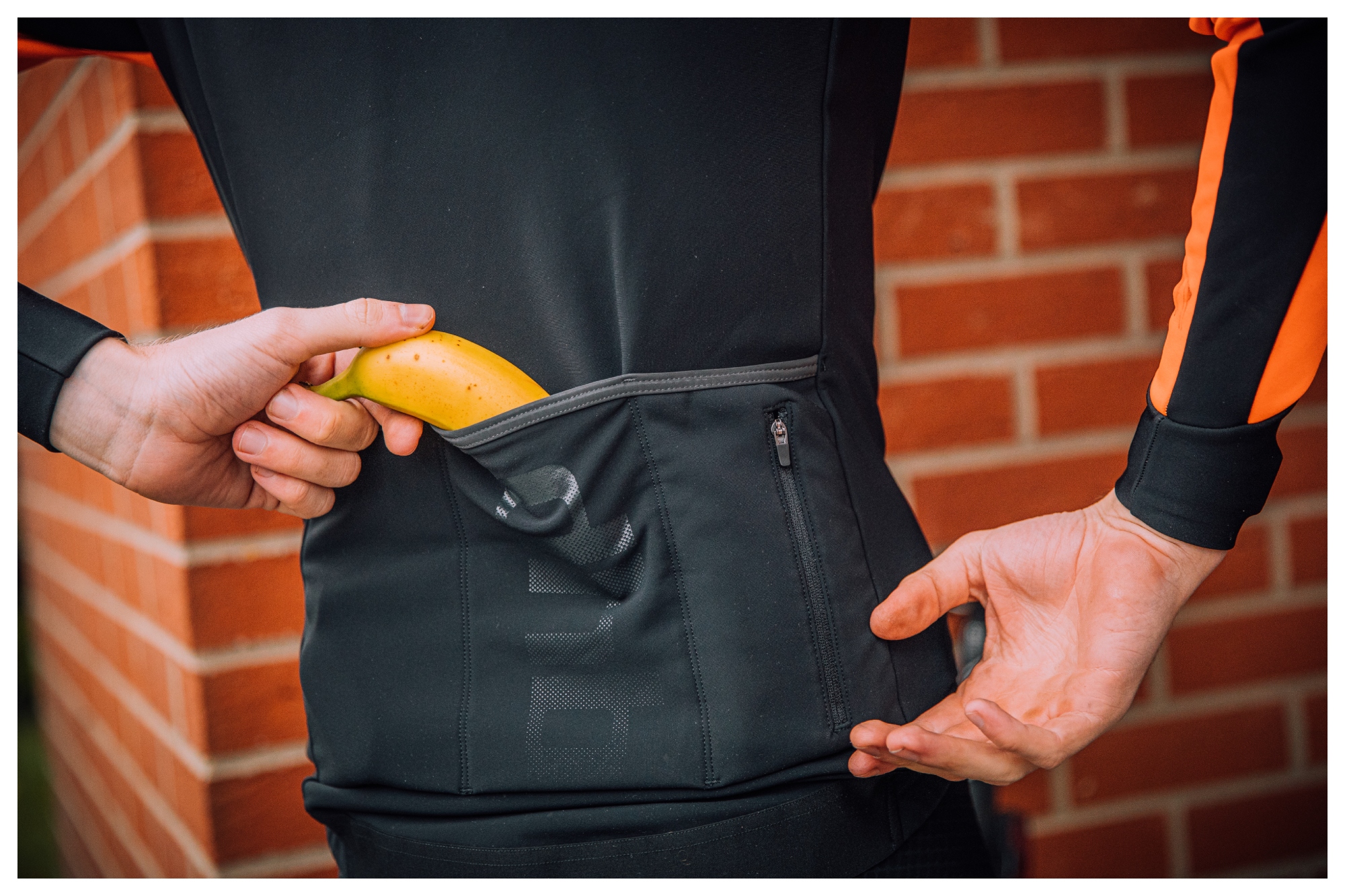
Fiction There's a huge range of different gels, energy bars, drinks and supplements out there for those who want to get serious about their nutrition and also care about eating on the bike and, from our own experience and scientific evidence, they work a treat!
But there are also alternatives if you don’t enjoy the taste or consistency of sports nutrition products, or if you are simply trying to save money.
Nuts, dates or raisins are easy to eat on the go and can give immediate carbohydrate benefits, as can 'non-sport' energy bars that are available at just about any supermarket. And, of course, you can even make your own energy bars with as little as five ingredients!
Also, spare a thought for the humble banana, which might take up quite a bit of valuable real estate in jersey pockets but does provide about 20g of carbs, comes in its own wrapper (although as with a gel, take care how you dispose of banana skins), and can be bought just about anywhere.
You should be looking to get 20g of carbs on an hourly basis for a 1-2 hour ride, 30g for a 2-3 hour ride, and 40g for anything over 3 hours, so a banana could be perfect.
Also, if you’re on the limit, or have a hunger flat - or bonking in cycling terminology - then a bag of sweets are a valid emergency treat! Jelly Babies, for example, contain a lot of simple sugars which can help you out when you need energy the most.
6. Eat within 30-minutes of finishing a ride
Fact The commonly used rule is to refuel within the first 20-30 minutes after a ride for optimum recovery. Carbs and protein are your friends here, and that could come in lots of different ways. It’s good to aim for a 3:1 ratio of carbs to protein within 30 to 60 minutes after getting off the bike, so have some bread or pasta and something with protein - which definitely does not need to be meat. One gram of carbs per kilogram of bodyweight is a great benchmark to aim for, so if you’re 75kg, 75g of pasta would be perfect. Even better combine this with 10-25 grams of protein.
Of course, you might not actually feel like wolfing down a plate of pasta and chicken, or rice and tofu, as soon as you finish a three hour ride and that's where recovery drinks come into play. Whether you opt for buying one of the best carb and protein filled recovery drinks or making your own liquid can be much easier way of replenishing nutrients. (And see milk above!)
If even the thought of drinking a shake or smoothie with half-an-hour of dismounting doesn't appeal, then don't despair - as long as you eat something between 30 to 120 minutes after exercise you will still help rebuild muscles and glycogen.

Adam is Cycling Weekly’s news editor – his greatest love is road racing but as long as he is cycling, he's happy. Before joining CW in 2021 he spent two years writing for Procycling. He's usually out and about on the roads of Bristol and its surrounds.
Before cycling took over his professional life, he covered ecclesiastical matters at the world’s largest Anglican newspaper and politics at Business Insider. Don't ask how that is related to riding bikes.
-
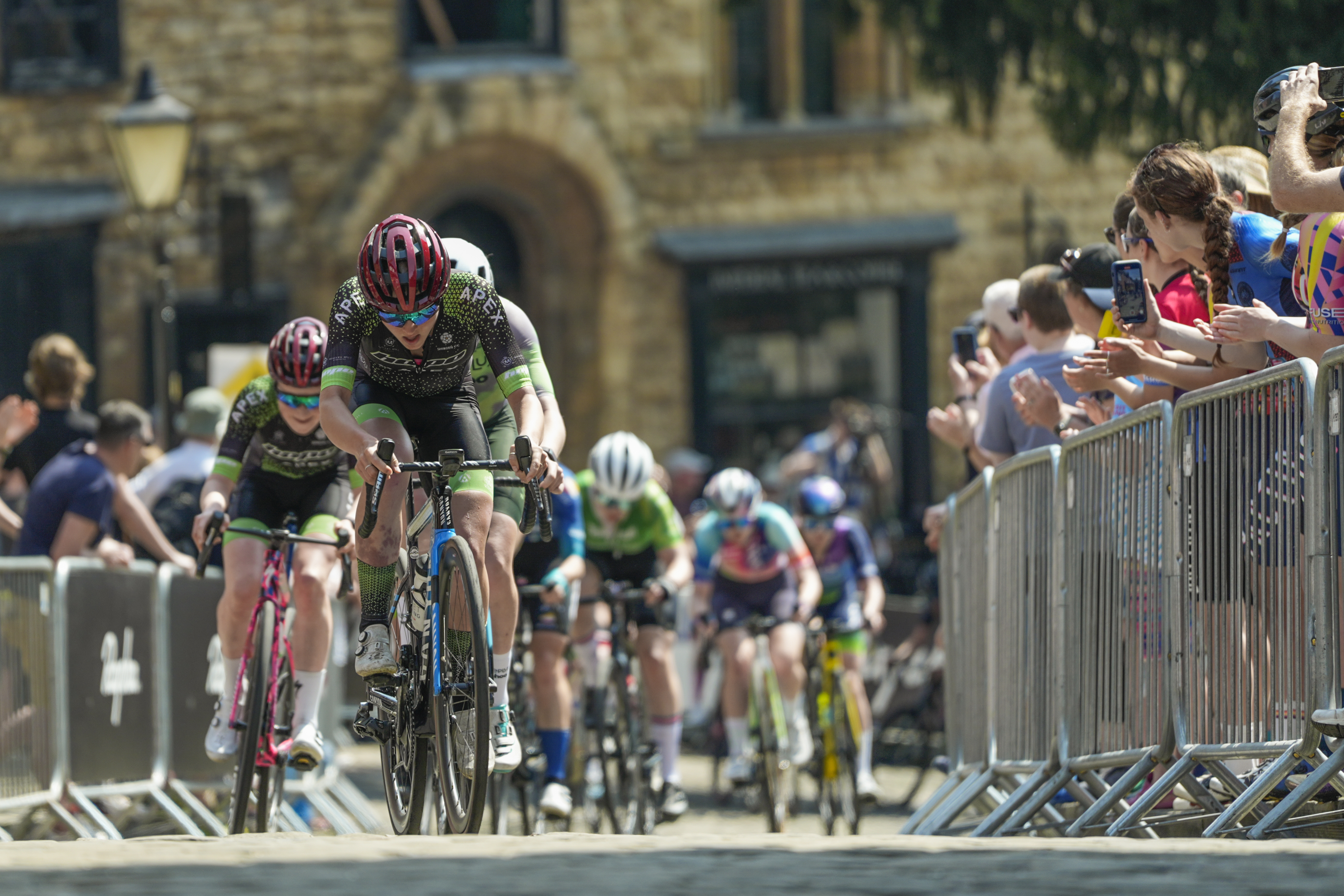 Rapha launches the Super-League, a new British road racing points competition
Rapha launches the Super-League, a new British road racing points competition16 events make up the Rapha Super-League, including crits and road races, with overall winners crowned
By Adam Becket
-
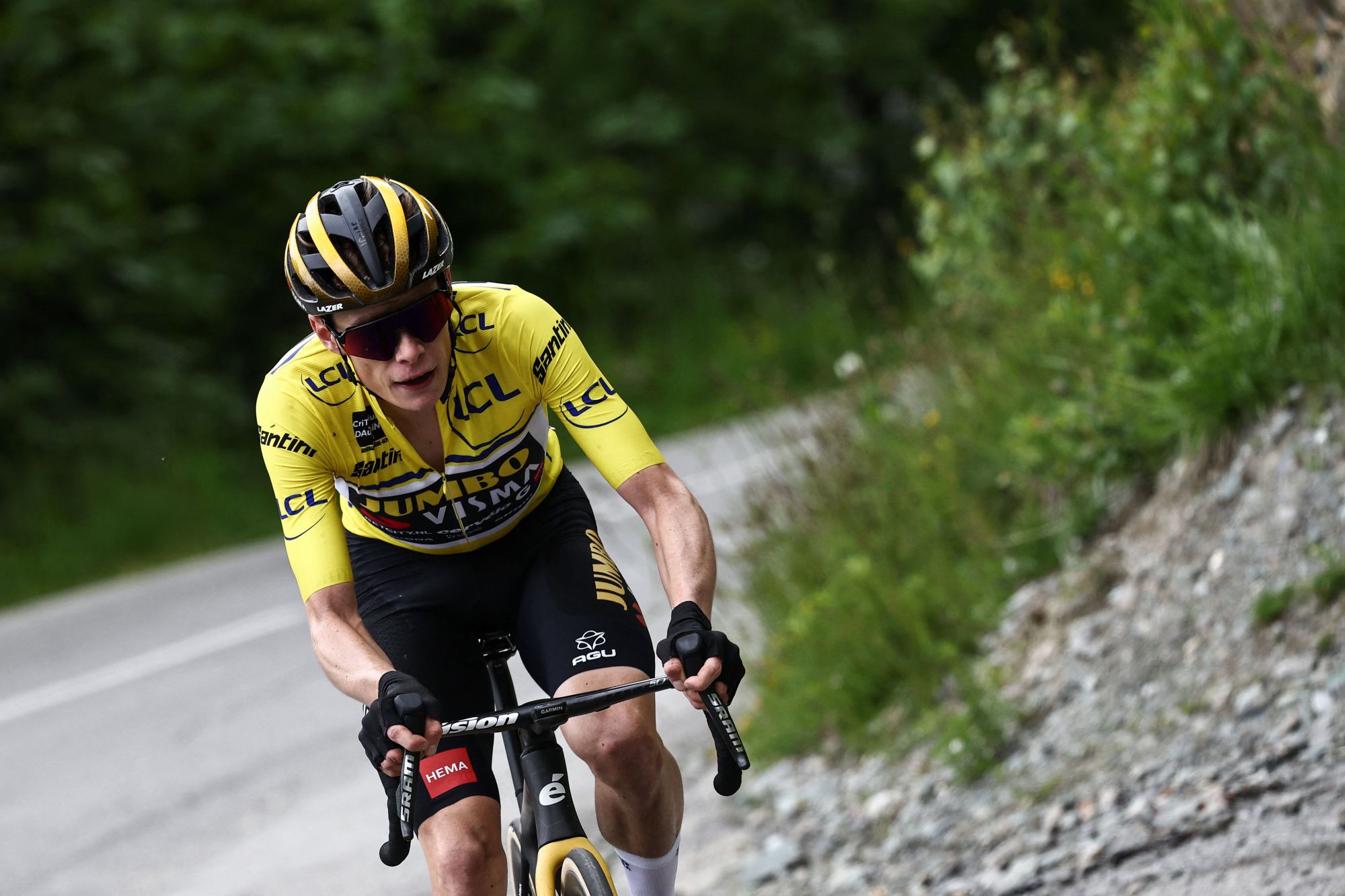 Jonas Vingegaard confirms race schedule ahead of Tour de France
Jonas Vingegaard confirms race schedule ahead of Tour de FranceDanish climber will only ride the Critérium du Dauphiné in June, but will take part in two altitude camps
By Tom Thewlis
-
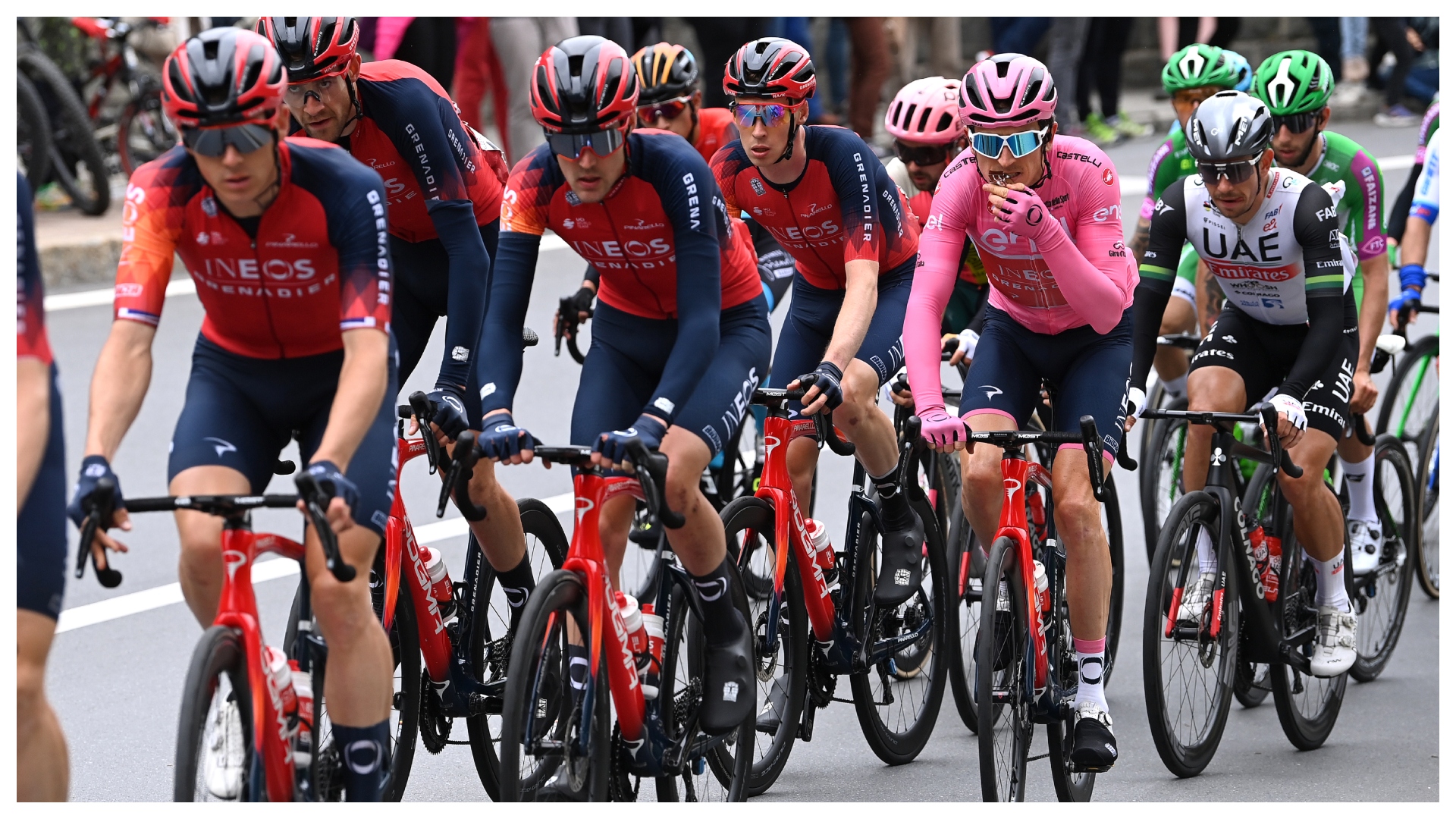 Five nutrition questions answered by an Ineos Grenadiers expert
Five nutrition questions answered by an Ineos Grenadiers expertWe put some hot fuelling topics to Dr Marc Fell, performance nutritionist for Ineos Grenadiers
By Sponsored
-
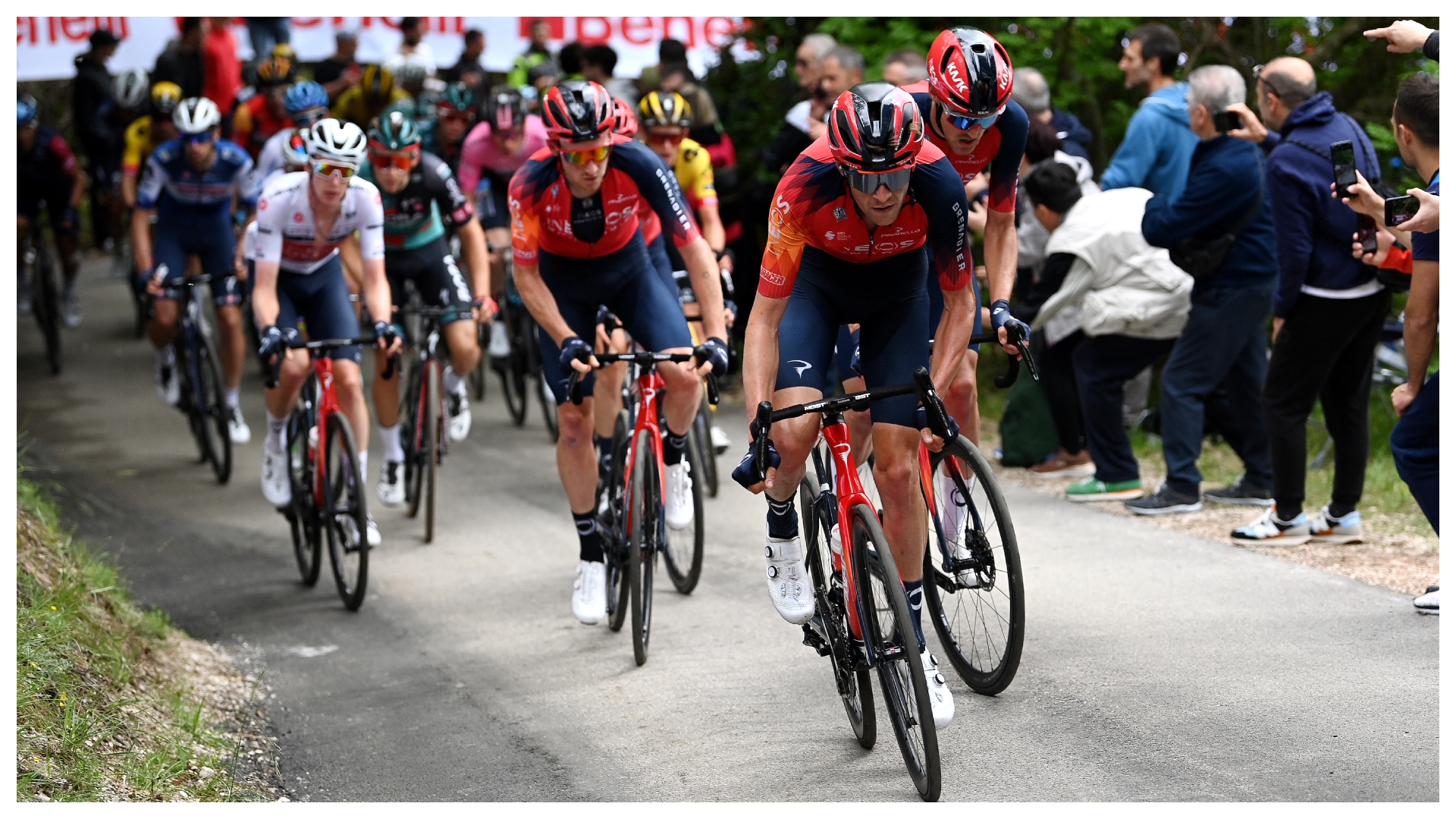 Eating for optimal recovery
Eating for optimal recoveryHow INEOS Grenadiers use Science in Sport to fuel their recovery
By Sponsored
-
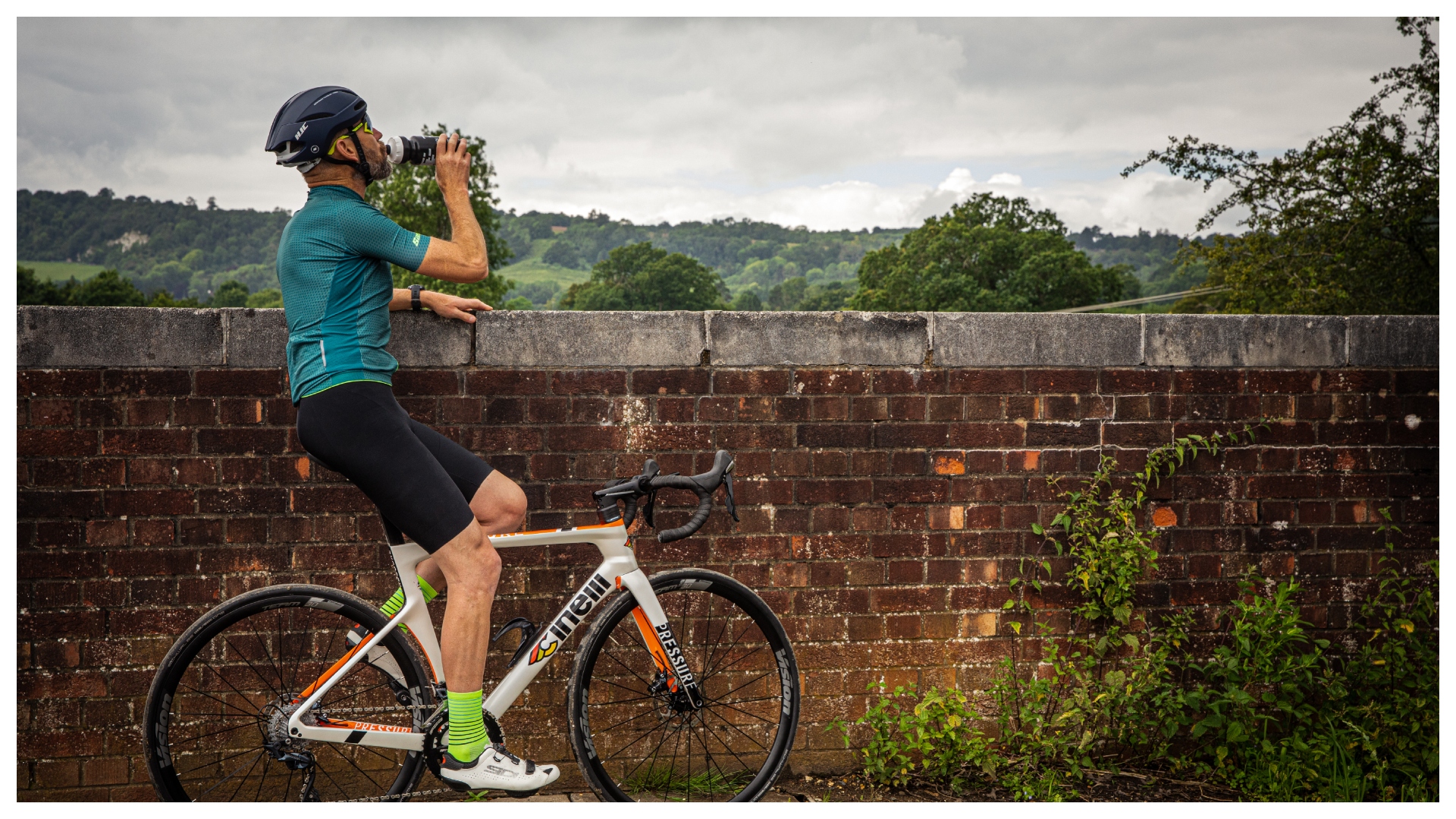 What to drink when cycling - the liquids you need on the bike
What to drink when cycling - the liquids you need on the bikeNot all liquid is created equal - we explain the different types of fluid that'll help you ride further
By Luke Friend
-
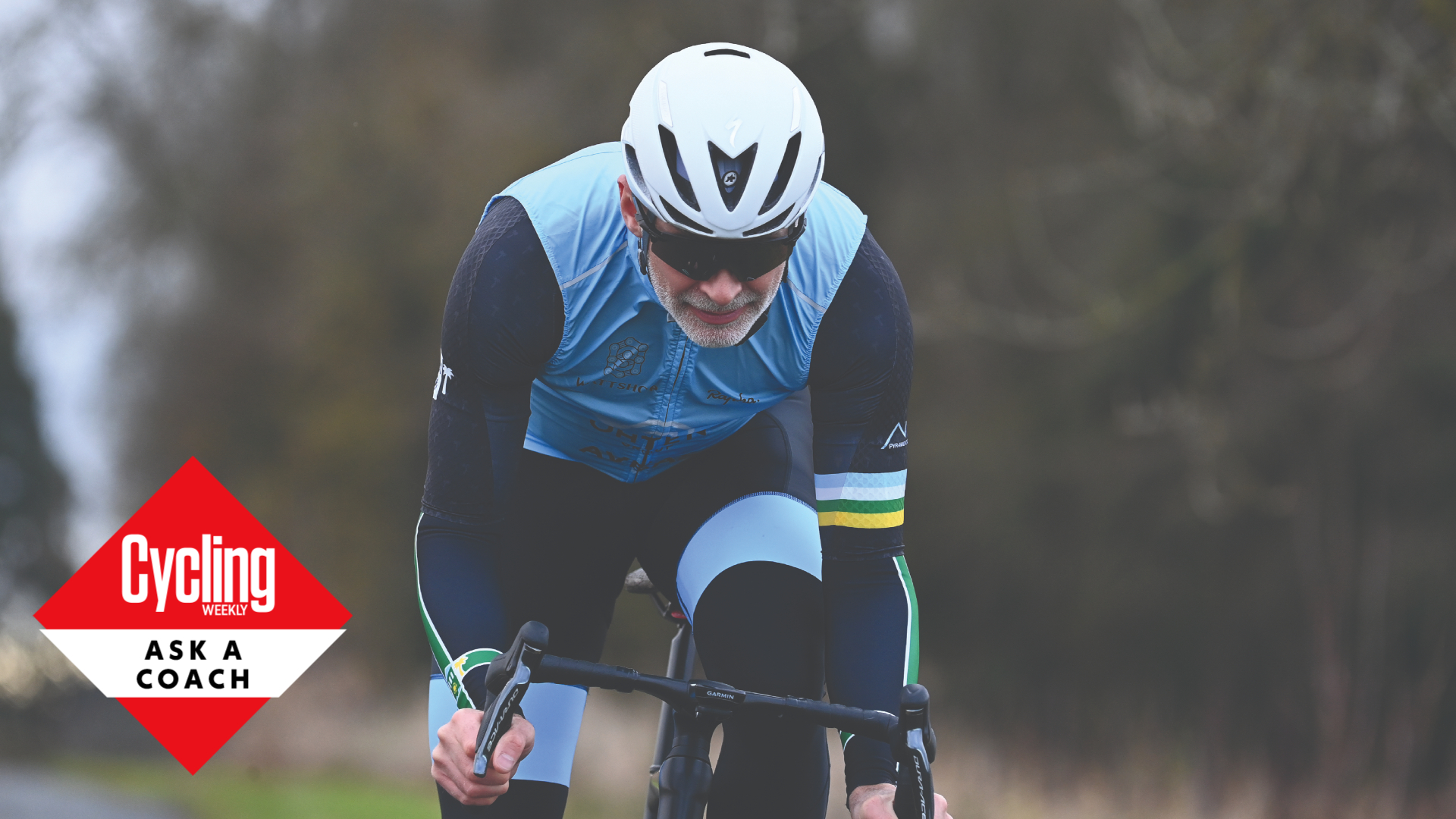 Ask a coach: 'I’m over 40, what is a good VO2 max for my age?'
Ask a coach: 'I’m over 40, what is a good VO2 max for my age?'VO2 max measures how much oxygen your body can utilise in a minute - but how does yours compare to the average, and does it matter?
By James Spragg
-
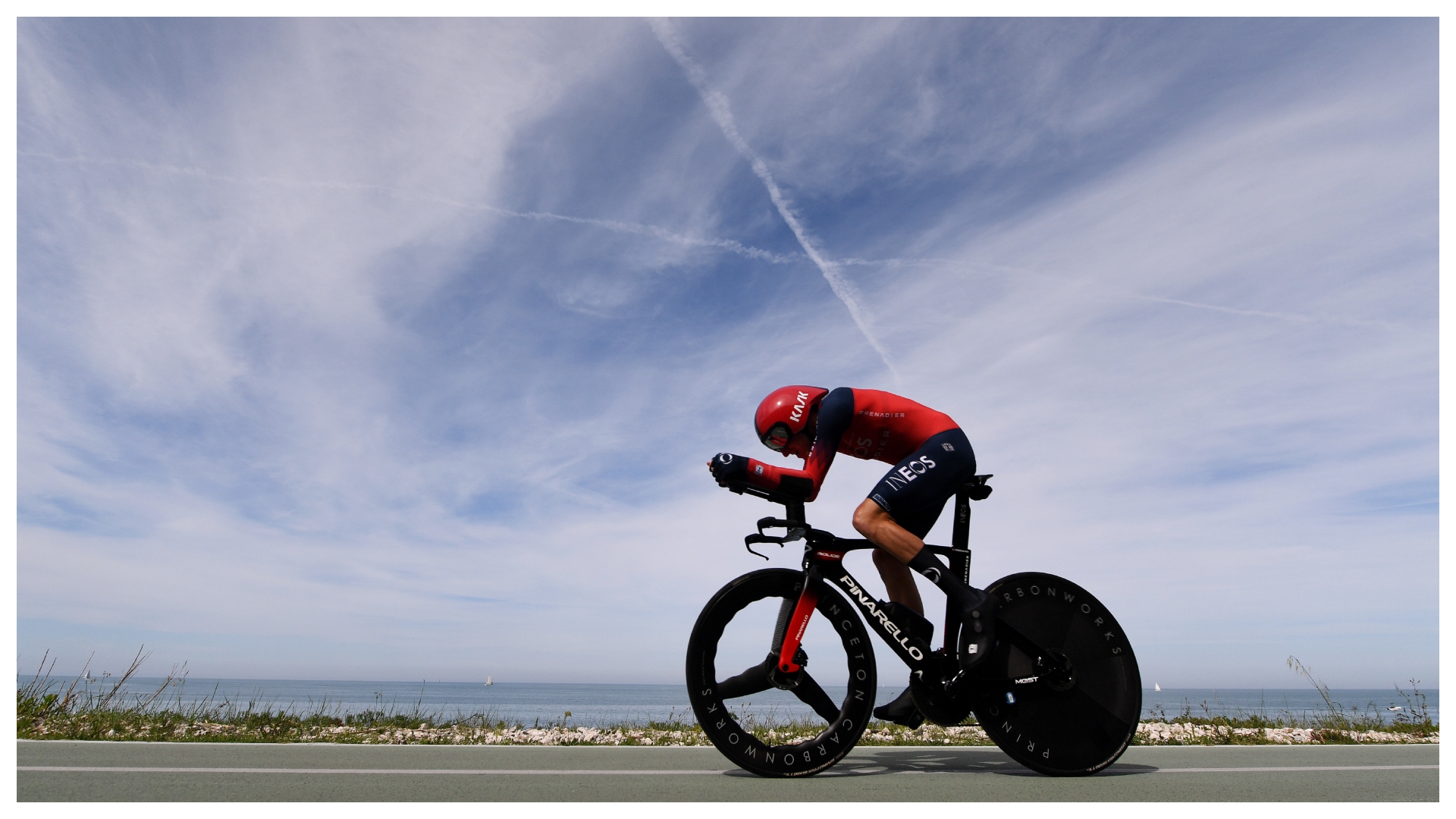 Performance fuelling for time-trials.
Performance fuelling for time-trials.How INEOS Grenadiers use Science in Sport to fuel a Grand Tour stage when every second counts
By Sponsored
-
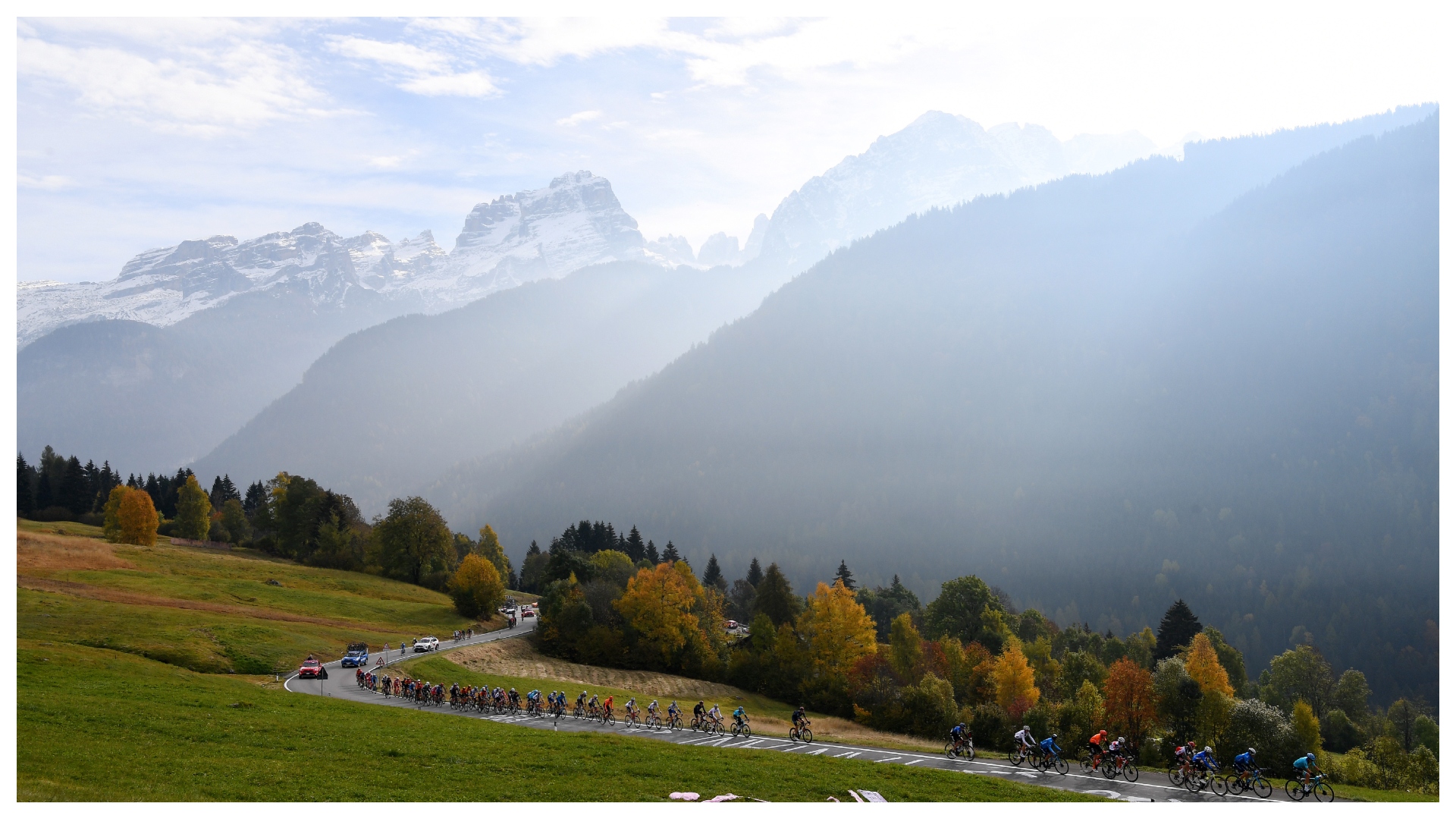 Fuelling for the mountains
Fuelling for the mountainsHow INEOS Grenadiers use Science in Sport to fuel a Grand Tour
By Sponsored
-
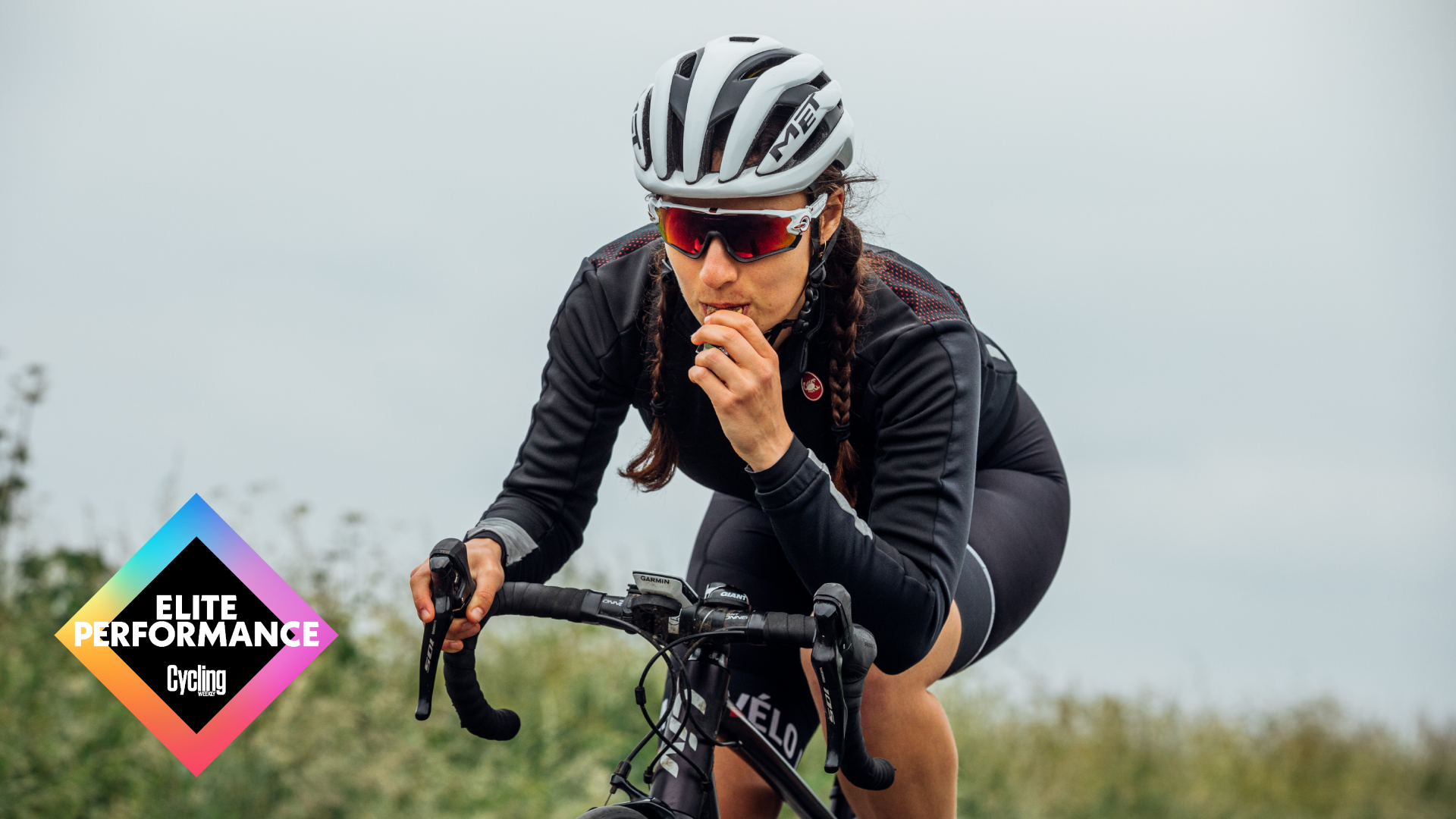 Should cyclists care more about chemicals in sports nutrition?
Should cyclists care more about chemicals in sports nutrition?With so much information now available about sports nutrition, how can athletes make sense of what’s best for them? We chat with two brands and a registered dietitian to get to the bottom of what formulas make sense and why
By Kristin Jenny
-
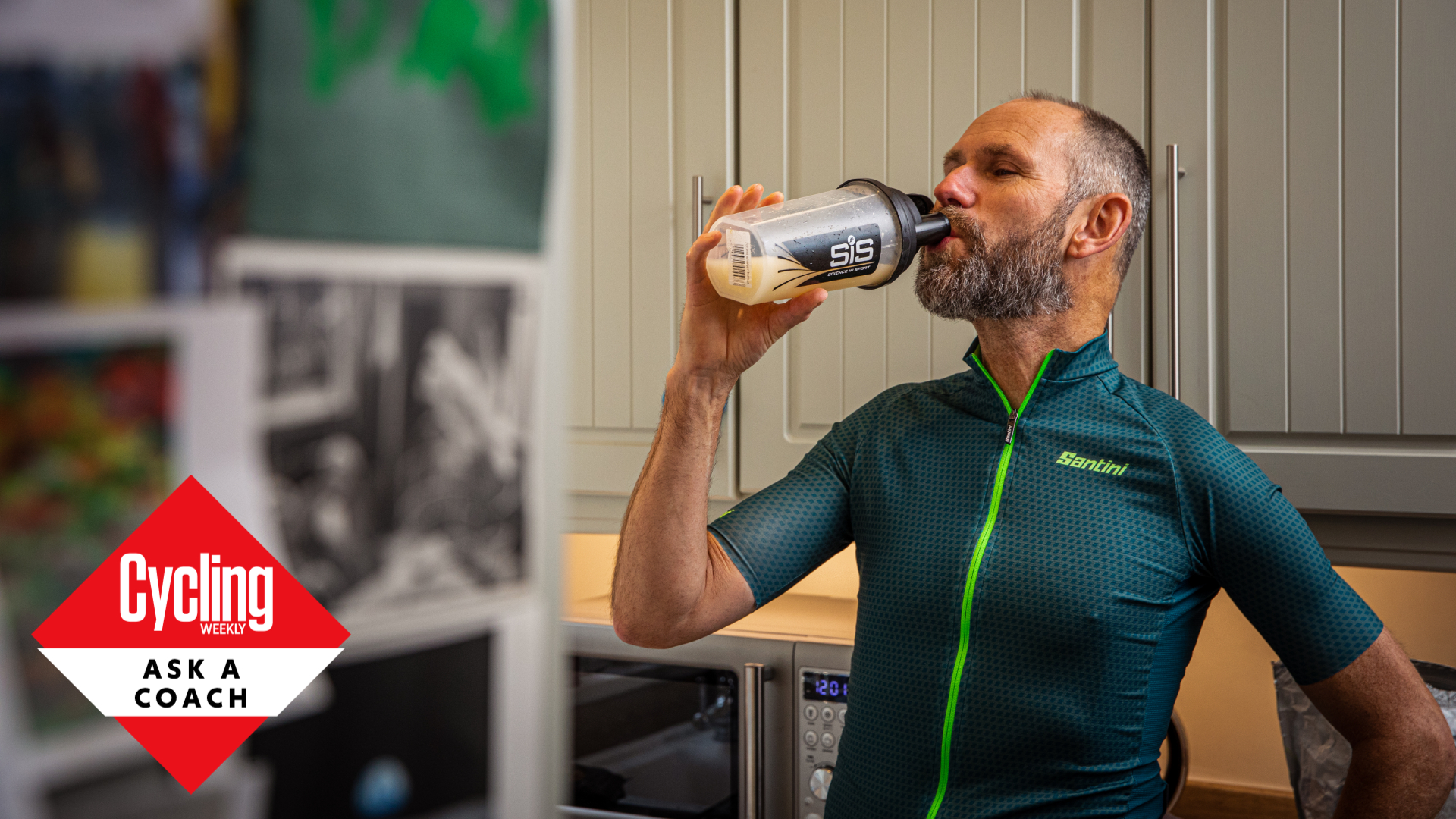 Ask a coach: 'Do I need carbs as well as protein in my recovery shake?'
Ask a coach: 'Do I need carbs as well as protein in my recovery shake?'What is the optimal post-ride macro-nutrient blend?
By James Spragg
